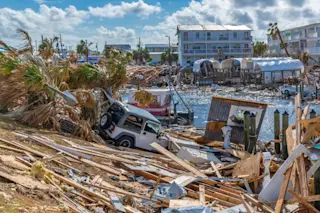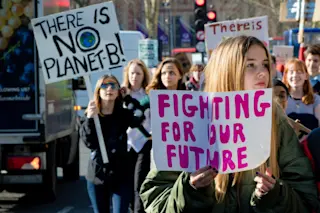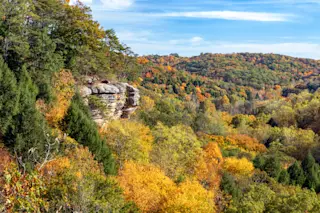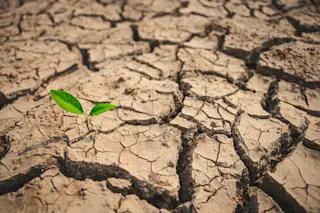On a recent post of mine at Climate Central, one reader left an impassioned comment that sounded as if he considered overpopulation to be the greatest threat to humanity. I'm going to break it up into three parts. Here's the challenge, as he explained it:
An even more overlooked problem is overpopulation (defined as living unsustainably, whether due to a high number of people at a low level of consumption or a smaller number of people at a high level of consumption - basic human ecology). In most or all of the Arab countries undergoing civil unrest, unemployment is rampant due to a rapidly expanding number of people flooding the job market. Also, the fraction of the population that are children is enormous, meaning the problem will get worse very soon. Expect more countries to undergo this process, continued unrest, failed states, wars, and terrorism. Smaller families would have prevented ...













